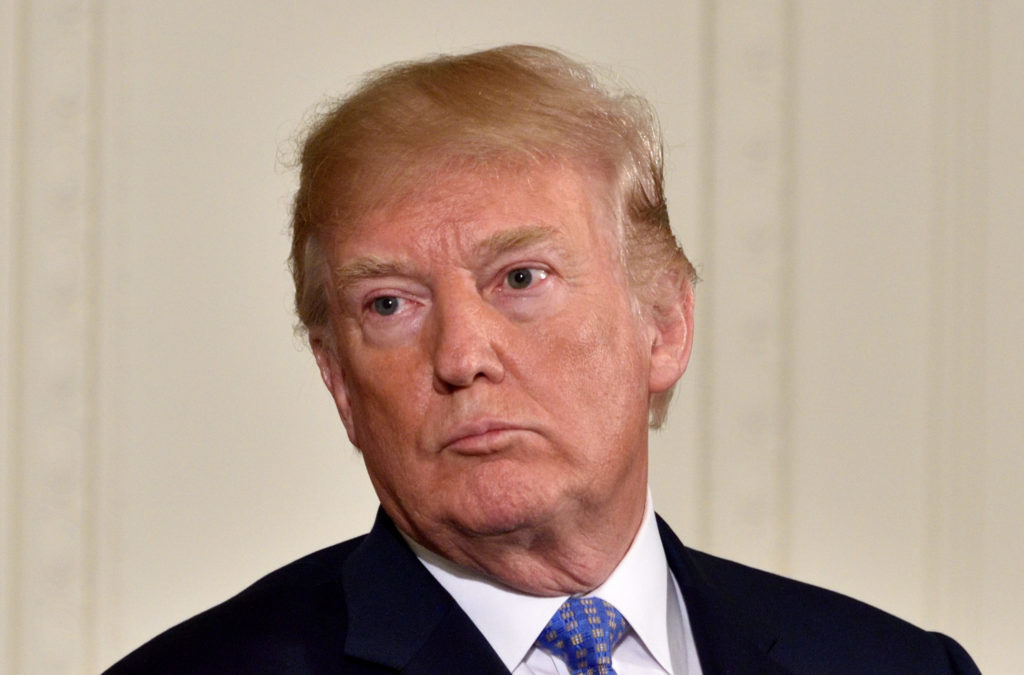We’re in that stage now

Yesterday the DOJ made a court filing which revealed in more detail how many top secret documents were found in places like Donald Trump’s office and desk. The DOJ also filed a demand that Peter Navarro turn over certain emails or they’ll be taken by force. This came even as the media revealed that investigators have Roger Stone’s incriminating January 6th-related phone records. If it feels like a lot is coming out at once, it’s because we’re at that stage now.
What does “that stage” mean? The DOJ in general – and the Garland DOJ in particular – prefer to work in secrecy. It’s not about making some big dramatic reveal at the end. It’s about keeping suspects, targets, and hostile witnesses from gaining the upper hand. If a criminal target doesn’t know what evidence the DOJ has against him, that target is more likely to get caught committing the crime of lying to investigators. If a big fish doesn’t know that a middle fish has cut a cooperation deal, the big fish may continue to confide in the middle fish. And so on.
But at some point, even the most secretive federal criminal probe reaches the stage where things begin spilling over into public view. A hostile witness reluctantly testifies against an ally to a DOJ grand jury, and then tips off the media about it. A criminal target publicly announces that the Feds have carried out a search and seizure warrant at his home. Another criminal target announces that the Feds seized his cellphone while he was at a Hardee’s drive-thru.
Then there are the court filings. There are strategic and no doubt national security reasons why the DOJ still doesn’t want to tell us every last detail about the classified documents that it seized from Trump’s home. But it does have to be just specific enough in its (publicly accessible) court filings to keep the criminal case moving through the court system.
At this late stage of an investigation there are also details that surface in the media due to transactional reasons. For instance, a former adviser to the January 6th Committee is now doing media interviews to promote his upcoming book about his work with the committee, which the committee itself is reportedly unhappy about. Some details about the January 6th Committee’s findings are surfacing in those media interviews.
These are the kinds of things that end up happening at this late stage of the game. Details come out in court filings because the DOJ is that close to bringing charges. Details surface in the media because people involved with the investigation decide to tell the media things that were probably going to come out before much longer anyway. This is how it works. We’re in that stage now, where things start spilling out all over the place. If the current stage makes you antsy, don’t worry, you’ll probably like the next stage a whole lot better – unless you’re Donald Trump or one of his co-conspirators.
